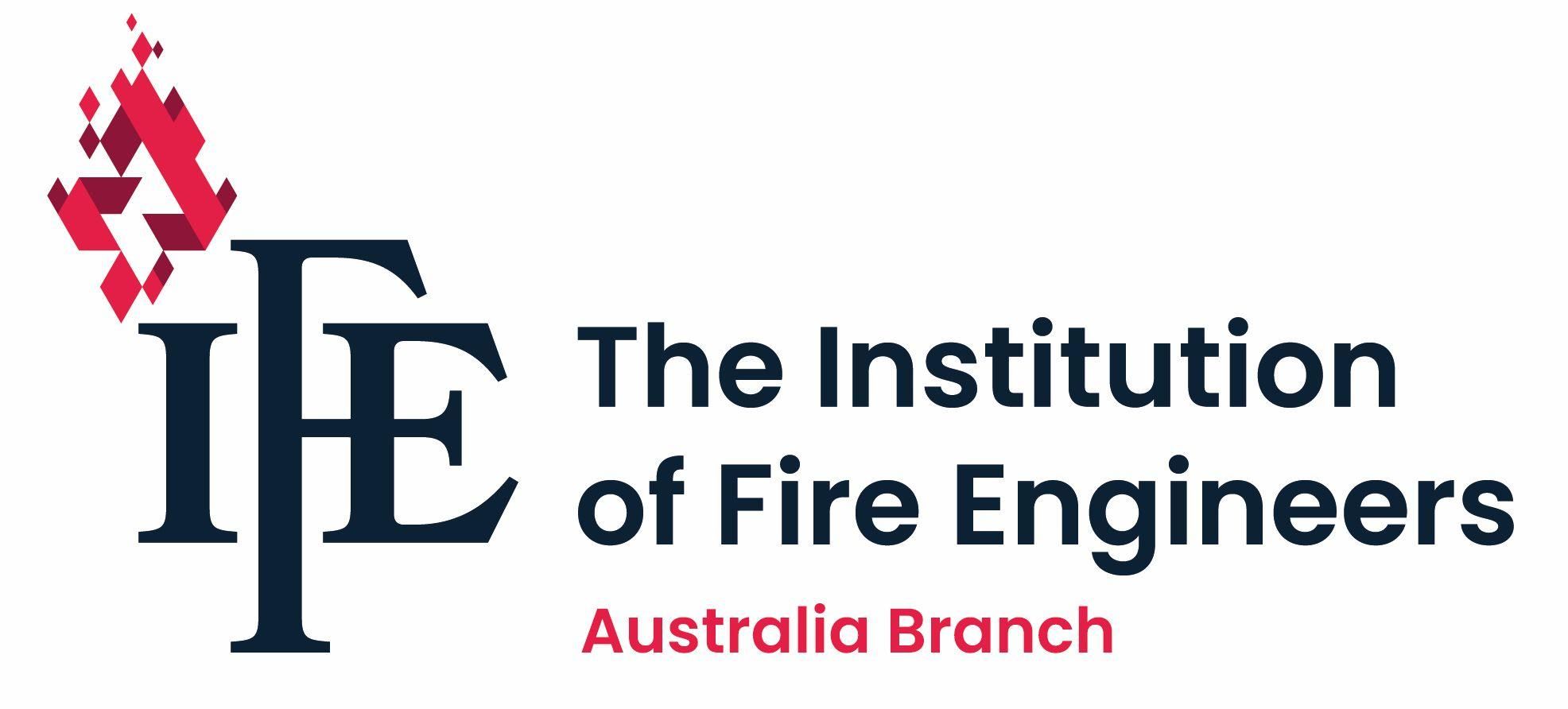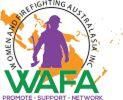Across our sector we continue to hear the language of integrity and inclusion. Policies, strategies and leadership messages point towards change. Yet for many women and diverse people, including trans and gender diverse staff, the day-to-day experience still looks different. They remain more likely to encounter discrimination, more likely to be held to higher standards, and more likely to carry the unpaid load of culture change in their teams.
Effective inclusion is shaped by the decisions, priorities and behaviours of those with power, and filtered through policy and process. With positive duty obligations now requiring organisations to actively prevent sex-based discrimination and sexual harassment, it is no longer enough to be compliant on paper. The question is whether our systems and structures are genuinely designed to welcome, develop and retain women and diverse people. Is there a seat at the table, or is it standing room only?
WAFA26 will bring together women, diverse staff and allies to examine where progress is genuine, where it has stalled, and what it will take to turn commitments into meaningful change in our workplaces and communities. This includes confronting processes and systems that are outdated or not fit for purpose, and that disadvantage women and diverse people or produce tokenistic outcomes. It also means revisiting what it is to be a public servant, and recognising that we do not get to choose which communities we reflect or whose safety and dignity we prioritise. The conference will centre the voices of those most impacted as we address the structural and cultural barriers that limit the participation of diverse voices.
WAFA welcomes abstracts that name these realities and propose practical, grounded solutions that move our sector from intent to impact.

)
)





)
)
)
)
)
)
)
)
)
)
)